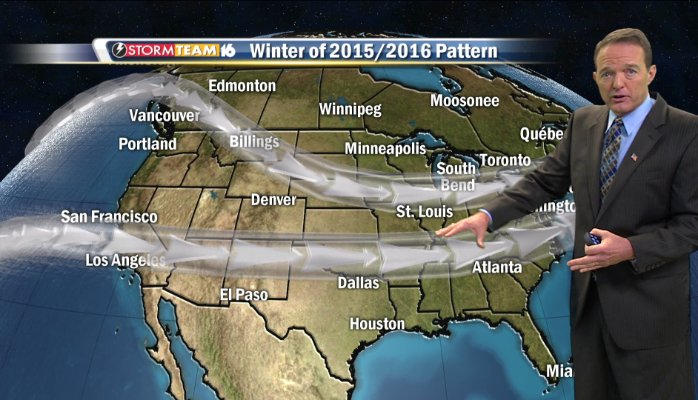A pathologist is a physician who examines tissues, checks the accuracy of lab tests and interprets the results in order to facilitate a patient’s diagnosis and treatment.
A meteorologist as a person with specialized education who uses scientific principles to explain, understand, observe, or forecast the earth’s atmospheric phenomena and/or how the atmosphere affects the earth and life on the planet.
Pathologists, much like meteorologists, use information at their disposal to make predictions or forecasts, in our case, to facilitate diagnoses and treatment for a patient; and in the case of meteorologists to help us understand if we need to wear an extra layer, bring an umbrella with us or cancel our outdoor Saturday plans altogether.
Pathologists can accurately assess “grade” or “activity” of a particular disease state, meaning how close to “normal” tissue a particular biopsy or lab result is as well as the “stage” or extent of disease or its acuity or chronicity to guide patient management.
Meteorologists can accurately assess earth’s atmospheric phenomena and translate that for the rest of us to predict what tomorrow’s weather and beyond will be to help us manage our expectations.
Like meteorologists, we are in the data business. We interpret a wide variety of data through our different tests and present that translation in a manner to a clinician that he/she can use to make sound clinical treatment decisions.
I tell medical students, pathology residents and fellows that pathologists are the meteorologists of medicine.
Metaphorically speaking, we can tell the clinician it is going to rain, but it is up to him/her to bring an umbrella.
Comments (2)
Jim Almas Dr S Sudha Murthy Good article Need to spread the message to young undergrads of medicine and premeds


































Nice article, Keith. I have often tried the analogy of pathologists being a blend of journalist, air traffic controller, and judge. I like this analogy.